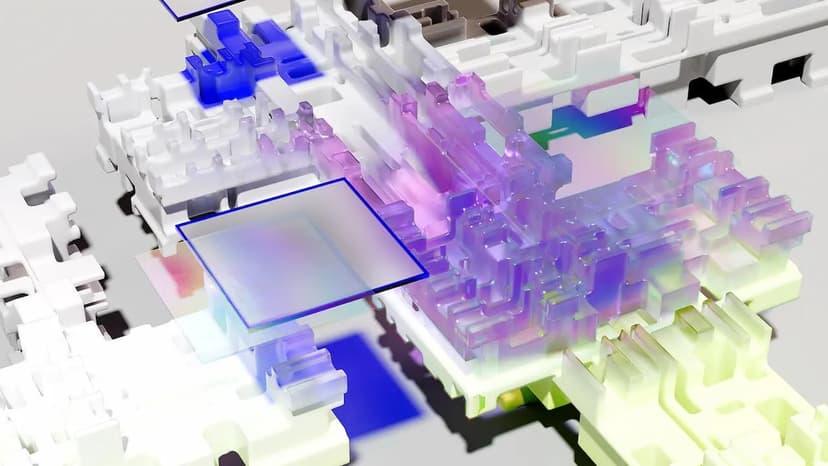AI in Medicine: Transforming Healthcare
AI is a powerful technology that is transforming many sectors, including healthcare. In medicine, AI refers to the use of advanced algorithms and techniques to analyze large volumes of medical data. This facilitates accurate diagnoses, personalized treatment plans, and improved patient care. The potential benefits include enhanced efficiency, accuracy, and accessibility. This article highlights key areas where AI is making significant contributions to the medical field.
Early Disease Detection and Diagnosis
AI has great promise in early disease detection and diagnosis. It analyzes extensive patient data, such as medical records, genetic information, and imaging scans, to find patterns and anomalies that may indicate diseases. Early detection is vital as it allows for timely and effective treatment.
AI diagnostic systems have shown remarkable success. For instance, researchers at Stanford University developed an AI algorithm that accurately detects skin cancer by analyzing images of skin lesions. The algorithm's accuracy is comparable to that of expert dermatologists.
Another example is the use of AI in diagnosing lung cancer from CT scans. Researchers at Google created an AI system that outperformed radiologists in detecting lung nodules in CT scans, resulting in earlier and more precise diagnoses.
Personalized Medicine and Treatment
How does AI enhance personalized medicine? It customizes treatment plans for patients based on their individual traits. By examining genetic information, medical history, lifestyle factors, and treatment outcomes, AI can help identify the most effective treatment options for each person.
For example, IBM's Watson for Oncology uses AI to support oncologists in crafting personalized cancer treatment plans. It analyzes vast amounts of medical literature and patient data to deliver evidence-based treatment recommendations, helping physicians make informed decisions.
Moreover, AI-powered wearable devices and mobile apps allow for continuous monitoring of patients' vital signs. They collect real-time data, enabling early intervention and proactive healthcare management.
AI in medicine is transforming healthcare via early disease detection, enhanced diagnostic accuracy, and personalized treatment plans. With AI algorithms, healthcare professionals can achieve more precise diagnoses, develop tailored treatment strategies, and improve patient outcomes. The potential for transformation continues to grow as technology advances, positioning AI as a critical component in the future of healthcare.












